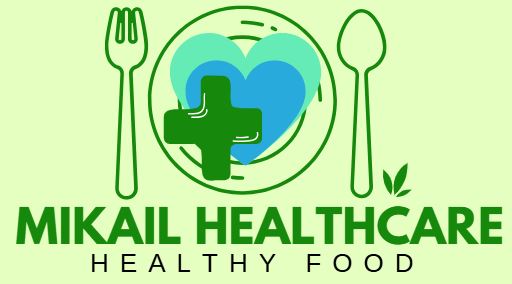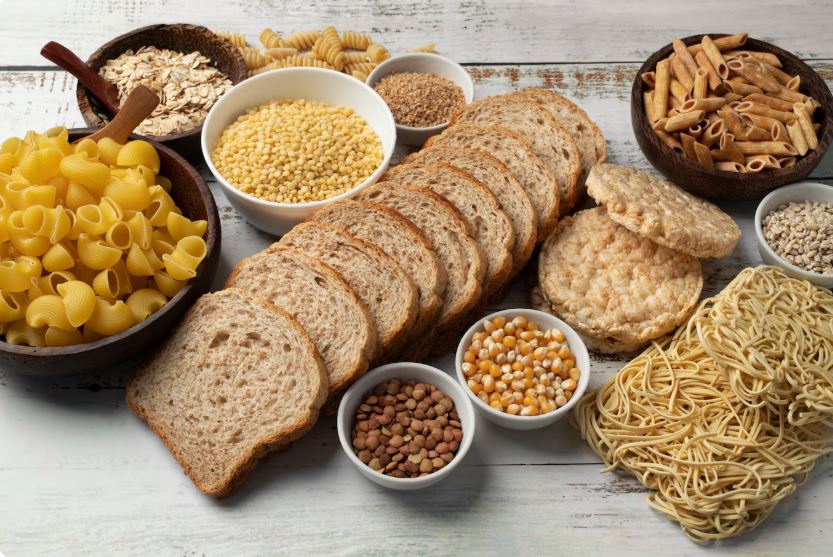What Is Gluten?
Gluten is a type of protein found in wheat, barley, rye, and their by-products. It helps bread rise and gives dough its chewy texture. While gluten is safe for most people, some may need to avoid it due to health reasons.
Who Should Avoid Gluten?
A gluten-free diet is essential for people with:
- Celiac Disease – An autoimmune disorder where gluten damages the small intestine.
- Non-Celiac Gluten Sensitivity – Causes symptoms similar to celiac disease but without damage to the intestine.
- Wheat Allergy – An allergic reaction to proteins found in wheat, including gluten.
If you experience bloating, fatigue, or digestive issues after eating bread or pasta, you may want to talk to a doctor about gluten sensitivity.
Benefits of a Gluten-Free Diet
Even if you don’t have a medical reason, some people report feeling better on a gluten-free diet. Benefits may include:
- Improved digestion
- Less bloating
- More energy
- Clearer skin
However, removing gluten without proper planning may also lead to nutrient deficiencies.
Foods to Avoid
If you’re going gluten-free, avoid foods made with:
- Wheat (including whole wheat and spelt)
- Barley
- Rye
- Malt products
- Many processed foods (unless labeled gluten-free)
Safe Gluten-Free Foods
Here are some naturally gluten-free options:
- Fruits and vegetables
- Rice, quinoa, and corn
- Eggs and dairy
- Meat and fish (unprocessed)
- Legumes and nuts
- Gluten-free oats (check the label)
Always read food labels to make sure the product is 100% gluten-free.
Tips for Going Gluten-Free
- Shop smart: Look for the “gluten-free” label on packaged goods.
- Cook at home: This helps you control ingredients.
- Use gluten-free flours: Such as almond flour, coconut flour, or rice flour.
- Avoid cross-contamination: Don’t use the same toaster, cutting board, or spoon for gluten and gluten-free foods.
Final Thoughts
A gluten-free diet is a necessary lifestyle for some, and a health choice for others. If done properly, it can lead to better digestion, increased energy, and an overall improved sense of well-being. But always consult with a healthcare provider or nutritionist before making big changes to your diet.

